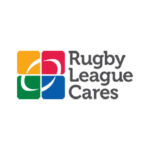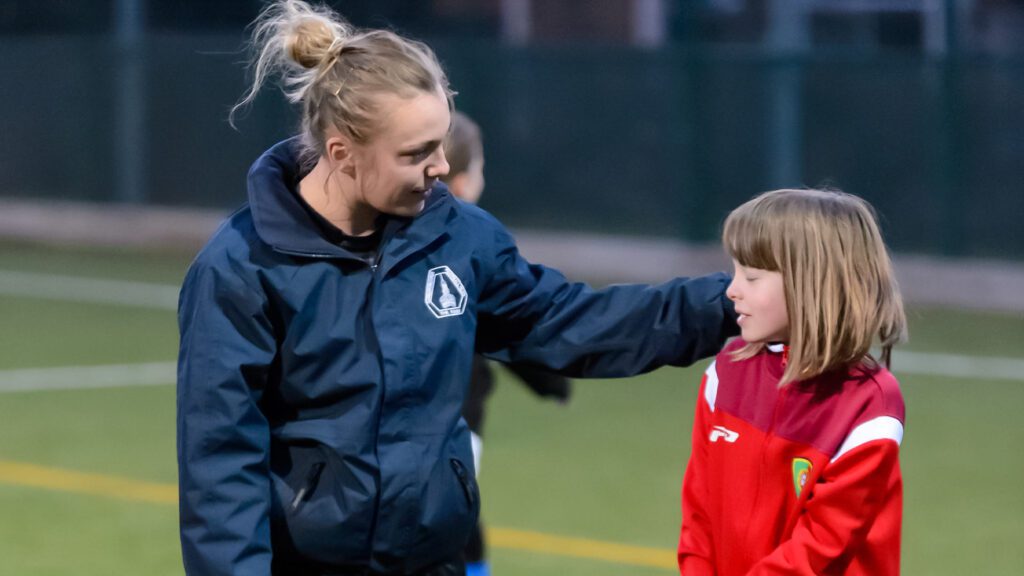Moving for mental health
Informing national policy priorities for mental health: the role of physical activity, sport and sport for development
Project lead
Project team
About the project
This project built upon the publication of an externally funded government policy brief, Moving for Mental Health, led by Professor Andy Smith with colleagues at Loughborough University, on behalf of the Sport for Development Coalition and Mind (the national mental health charity). Through this project, four workshops and symposia were attended by over 40 different partner organisations and policy-makers across the North of England to identify areas of mutual interest, share evidence from previous Edge Hill research, and inform policy decisions on mental health, physical activity, sport, and sport for development. Headline findings are shaping the broader work of the centre around collaboration; workforce development; using and developing the evidence-base for moving for mental health; and monitoring, evaluation and learning.
Read the full report (Sport for Development Coalition)Project partners: Movember, Rugby League Cares, Everton in the Community, The National Academy for Social Prescribing




Move Well, Feel Good (MWFG)
Project lead
Project team
About the project
Move Well, Feel Good (MWFG) is a co-created school-based physical activity intervention using development of motor competence as a mechanism for promoting positive mental health. The study objectives were to evaluate the feasibility and acceptability of MWFG and to describe changes in child-level mental health and motor competence outcomes.

Project partners: The Waterloo Foundation (funder), West Lancashire Sport Partnership and local primary schools (delivery partners)


Exploring the impact of Rugby League Cares’ community mental health programmes
Project lead
Project team
About the project
This research will examine the organisational theory of Rugby League Cares (RLCares) within its community-based sport and health programmes and how this shapes the impact of an agreed sample of those programmes in generating sporting and broader social and public health outcomes. Programmes in generating sporting and broader social and public health outcomes. Rugby league clubs operate within the heart of local communities with statistically higher-than-average levels of social deprivation, mental illness, and poor well-being. RLCares has many interwoven aspects that are dependent on others within the figuration that enable and constrain the actions of those responsible for programme delivery and outcomes (Casey, Payne and Eime, 2011). As part of a realist evaluation methodology (Pawson, 2003, 2016; Westhorp, 2018), a longitudinal, mixed- methods approach will be used to undertake a diverse and in-depth analysis of programme contexts, mechanisms, and outcomes and how these relate to RLCares’ wider organisational theory. More specifically, this study seeks to understand ‘What works, for whom, in what circumstances and why?’. The research will also provide valuable practical insights for RLCares staff, stakeholders, and funders to strengthen the impact of their community programmes and generate learning which can be used by other organisations across the sport and public health sectors wishing to increase the effectiveness of their practice and benefit public health and wellbeing.
Project partners: Rugby League Cares

Sport, Work and Mental Health A Study of Coaches in the Gaelic Athletics Association (GAA)
Project team
About the project
This project explores the mental health and work experiences of 34 dual-career coaches in Northern Ireland. It examines coaches’ mental health experiences, and those of individuals in their interdependent networks, to better understand how they each manage and support their mental health within their personal lives, coaching work, and non-coaching work. The analysis from semi-structured interviews reveals that coaches share various lived experiences of chronic and episodic mental illness, including depression and anxiety, as well as attempted suicide and suicidal ideation. These findings reveal the significance of work as a social determinant of coach mental health. Coaches are subject to shame, stigma, and stress in their non-coaching and coaching-oriented work. By eschewing a reductionist perspective of mental health in sport that typically informs existing research this research demonstrates that their interdependent networks and social relationships, inside and away from coaching and non-coaching work, have a significant impact on mental health.
Project partners: Gaelic Athletics Association (GAA)
